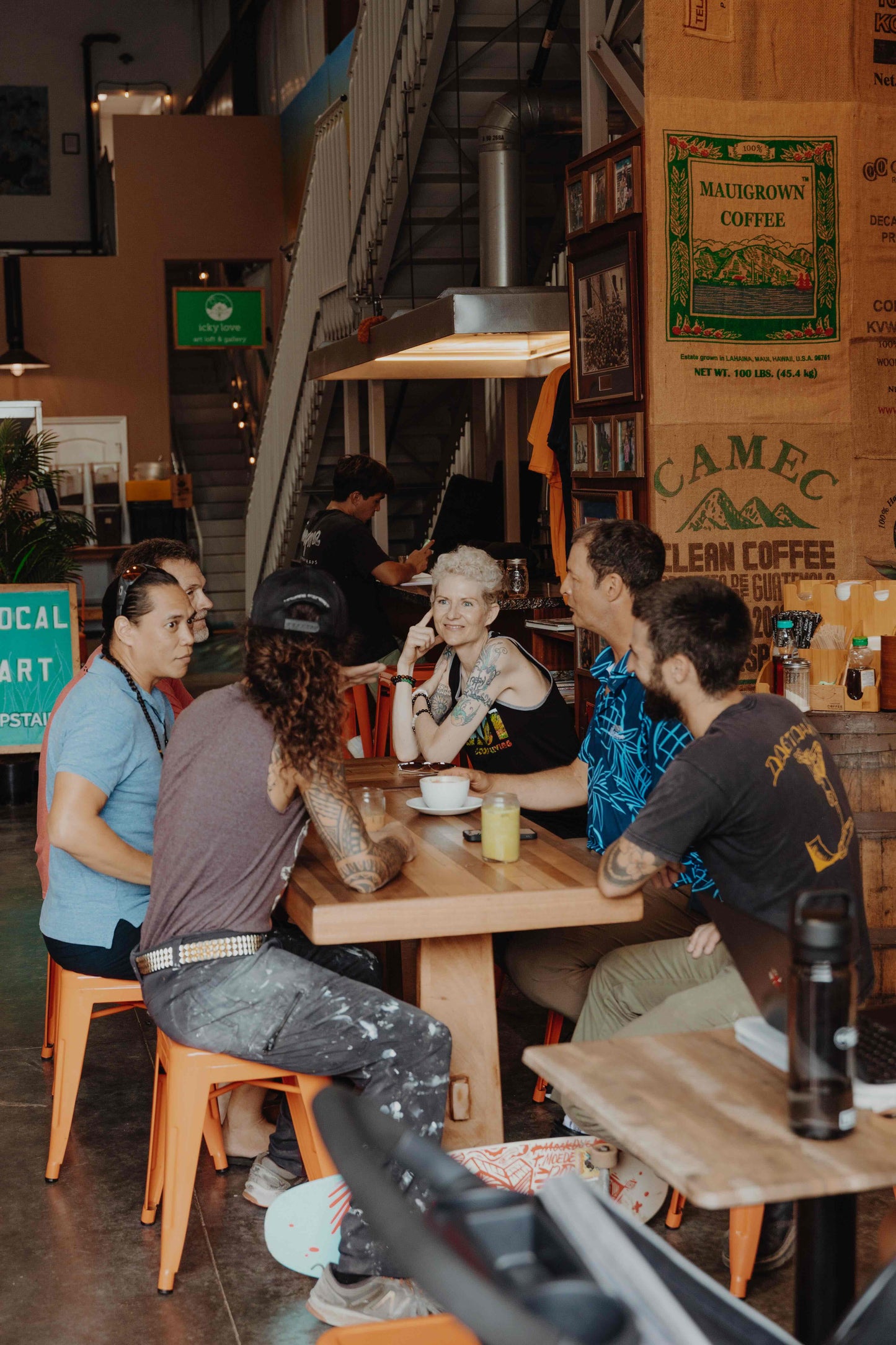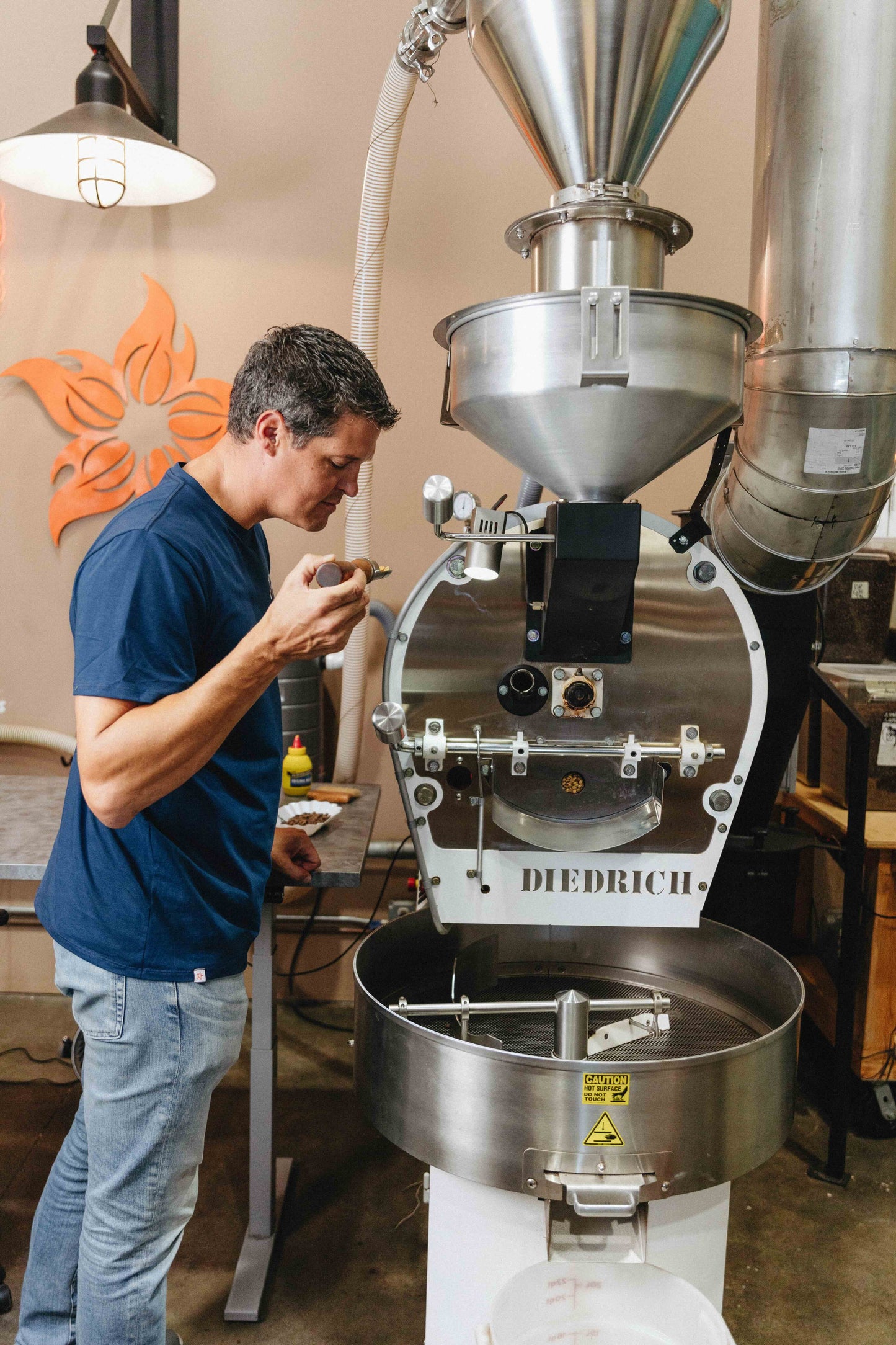Why Coffee Shops Matter for Mental Health
In almost every town or city, there's at least one spot where people can smell the fresh scent of coffee brewing, hear conversations flowing, keyboards typing, and the comforting sound of espresso being pulled.

In almost every town or city, there's at least one spot where people can smell the fresh scent of coffee brewing, hear conversations flowing, keyboards typing, and the comforting sound of espresso being pulled. Coffee shops have evolved from just being a place to grab a quick caffeine fix to becoming spaces that foster connection and support mental health. In a constantly moving world, coffee shops offer the opposite—a place to slow down and pause. This is one of the key mental health benefits of routine: having a familiar, comforting space to return to.
How Do Coffee Shops Create That Sense of Peace and Tranquility?
To thrive, they must provide a welcoming, open environment that encourages people to stay—rather than feel rushed or pushed out. This includes elements like good lighting, cozy seating, and soft background music. A good coffee shop also depends on strong customer service. When baristas genuinely care, it brightens a guest’s day and keeps them coming back. Variety matters too—offering a mix of drinks, products, and pastries gives people options. One person might want a sweet latte, while another may prefer a strong drip coffee. Cleanliness is also essential. A clean space helps people feel more comfortable and at ease.
Each of these elements—ambiance, service, cleanliness, and variety—works together to make coffee shops ideal spaces for supporting mental wellness. Comfortable seating and warm lighting create a welcoming atmosphere for people to bond and connect. Some go on first dates in coffee shops, some attend Bible studies, and others stop in to work or read. Even for those who prefer solitude, coffee shops offer a peaceful place to be alone without feeling lonely. These shared experiences reflect the growing importance of coffee and community connection and the idea of coffee shops as a third place—spaces beyond home and work that support mental well being.
More Than Just a Cup of Coffee
Studies have even shown that the background noise level in coffee shops can boost creative thinking, helping people work more effectively and think outside the box. This is just one of many benefits of visiting coffee shops regularly, whether for social time or quiet reflection.
In conclusion, coffee shops are more than places to drink coffee—they're spaces for connection, comfort, and care. As mental health continues to be a growing concern in the world, coffee shops play a quiet but important role in helping people feel grounded. Whether through social connection over coffee or simply slowing down with coffee, these spaces become a form of therapy in themselves. While not essential for physical survival, they’ve become vital havens for self-care rituals with coffee, where people can find comfort, routine, and calm—and where cafés begin to feel a little like home.

Authored by Marley Starr, Tradition Coffee Roasters intern


